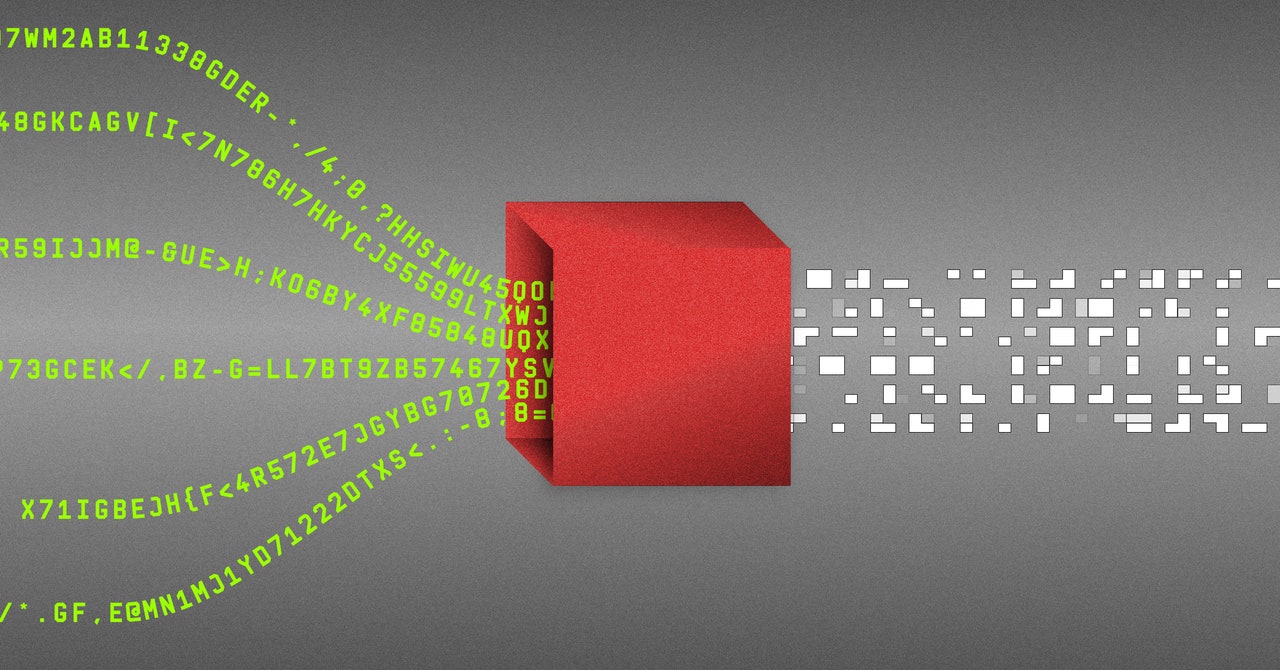Along with Zoom’s meteoric rise has come a privacy and security blowback. In response to frustration over the videoconferencing service’s vague and misleading encryption claims, Zoom brought on a small army of prominent cryptographers and security engineers as consultants, and acquired the secure communication company Keybase, in pursuit of real end-to-end encryption for its users. But it turns out that even when Zoom completes the feature, only paying customers will receive it—leaving Zoom’s free users in the lurch.
End-to-end encryption allows data to move between devices in a form that is unreadable to anyone other than the recipients—protecting the information in transit from snooping by your internet service provider, the government, or communication platforms themselves. Privacy advocates strongly recommend it, while governments argue that it makes law enforcement’s job harder. In the United States, the Department of Justice has doubled down on its anti-encryption stance in recent years, urging tech companies to create backdoors in their encryption for law enforcement access. Zoom’s decision to limit end-to-end encryption to paid accounts seems to be an attempt at compromise.
“Free users for sure we don’t want to give that,” Zoom CEO Eric Yuan said in a company earnings call on Tuesday referring to end-to-end encryption, “because we also want to work together with FBI, with local law enforcement in case some people use Zoom for a bad purpose.”
Implicit in Yuan’s comments is a presumed connection between people who use a service for free and criminal activity, which many privacy advocates decried Wednesday. In practice, requiring a paid account for end-to-end encryption could put it out of reach for the vulnerable groups who need it most, including activists, journalists, and nonprofits who often have limited resources
“Anyone who cares about public safety should be pushing for more encryption everywhere possible, not less,” says Evan Greer, de

